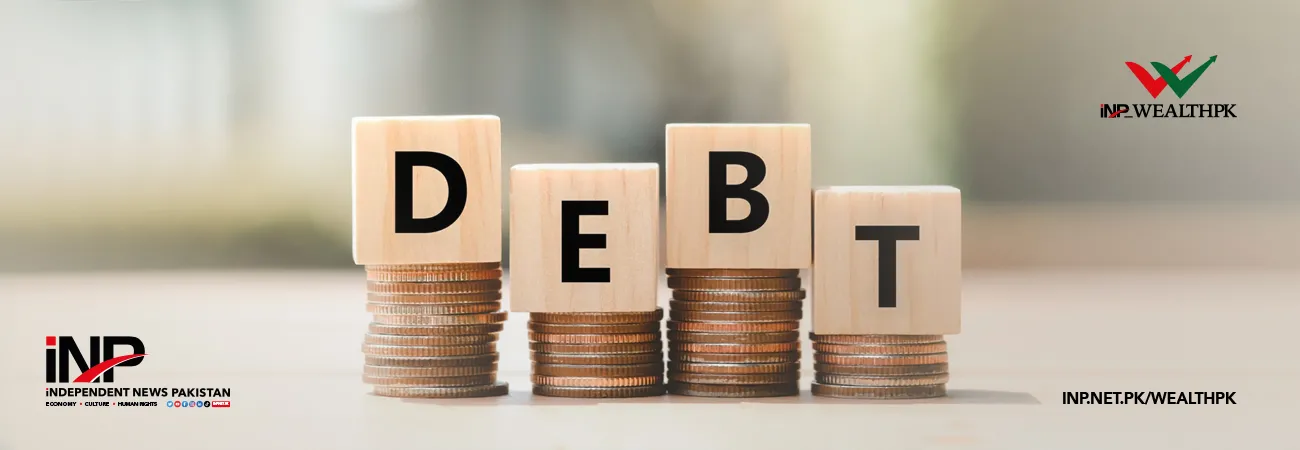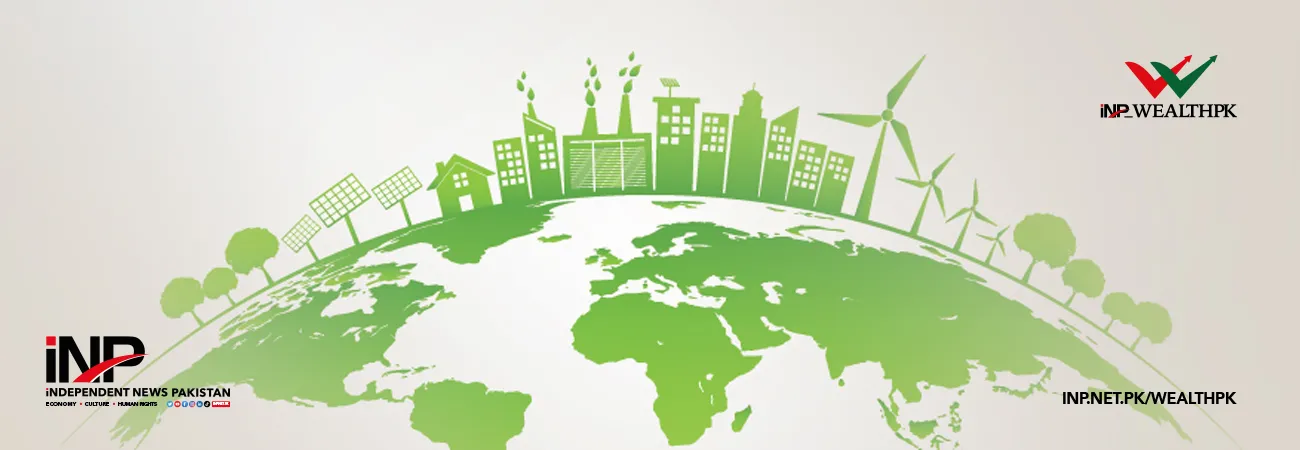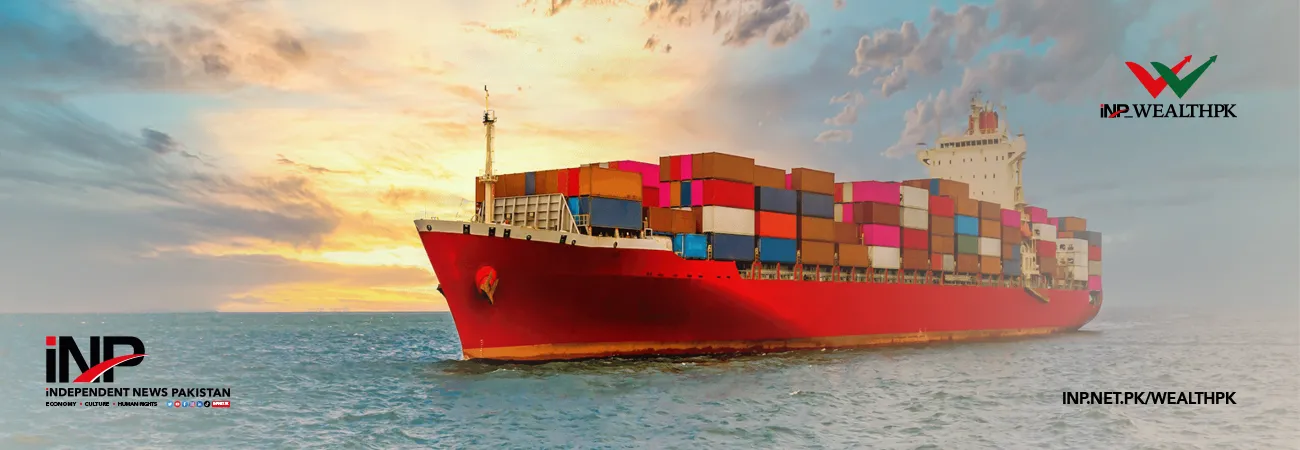INP-WealthPk
Ayesha Mudassar
Developing inclusive institutions can have the greatest long-term impact on the economic and social well-being of people, said a renowned economist. Talking to WealthPK, Vice-Chancellor of Pakistan Institute of Development Economics (PIDE) Dr Nadeem-ul-Haque said the country’s weak economy is directly or indirectly attributed to extractive economic institutions. “Why a country that possesses invaluable resources, untapped potential and strategically strong geographic location has failed to evolve,” he asked and said that the simple answer was the absence of inclusive institutions. Inclusive state institutions refer to the structures and policies that secure property rights, provide equal opportunity, ensure the rule of law, and prioritise public welfare. Securing stability and continuity is the key role of these institutions.
“Countries with such institutions have made significant strides economically irrespective of their geographical location, culture, and resources,” he said. There is a strong correlation between robust state institutions and top global competitive countries. High ethical standards, transparency and a supportive environment have strengthened the public-private sector nexus and encouraged economic activities, he continued. He said robust economic growth, a competitive private sector, and a sense of public ownership were driven by inclusive institutions built in the countries. On the other side, he said extractive institutions enriched the numerical minority of society and blocked the incentives and opportunities for the growth of a larger society.
“Individuals and small businesses cannot progress in an environment where only large corporations, the ruling elite, and well-networked people can make headway.” In a book titled ‘Why Nations Fail’, the authors have attributed South Korea's success to the development of inclusive institutions. The incentivised public and private sectors encouraged innovation, investment, exports, and a significant rise in per capita income, driving the country’s economic development. Furthermore, countries and regions like Zimbabwe, South America and the Middle East are obvious examples of extractive policies that stagnate economic expansion and widen social inequalities.
Jared Diamond argues in his book ‘Guns, Steel and Germs’ that the progress of any nation depends on how its institutions are arranged. Moreover, he mentioned the major reason behind the growth of the Global North was the early creation of strong institutions. Nadeem-ul-Haque advised the stakeholders to devise strategic, out-of-the-box plans to steer the country out of the crisis. “The only obvious solution is to build strong institutions that foster public access, strengthen domestic industry and provide a business-friendly environment for foreign investors.”
Credit: INP-WealthPk













